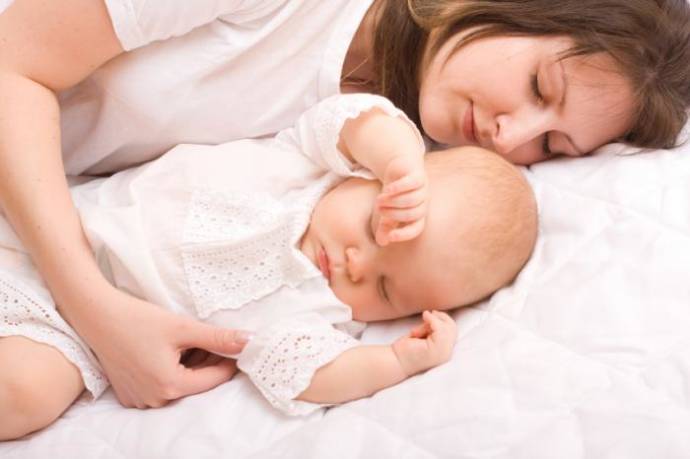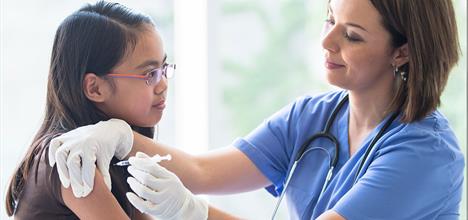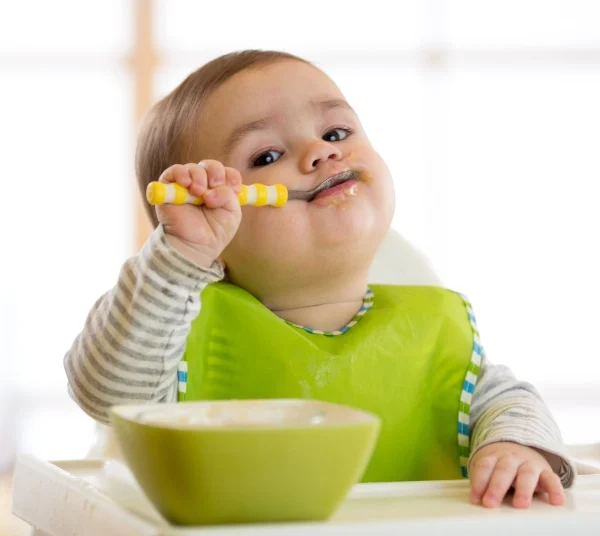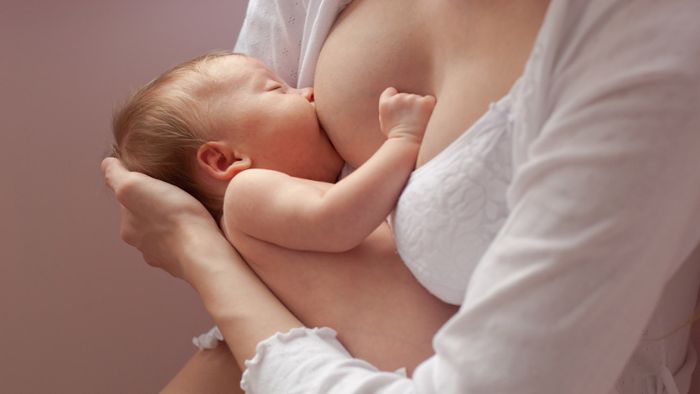Breastfeeding the child is a special experience for every mother and it is very vital for the baby too. Breastfeeding not only helps in building the bond between a mother and her child but it also plays the most important role in building the primary immunity of the child. Breastfeeding your child is vital for the first 6 months of life of your baby and you might even continue it for a year or more depending on your preferences.
However, when it comes to breastfeeding every new mother seems to have a thousand questions in her mind. It is usual to be worried about what to do, what not to do when you are feeding your child as your actions are sure to affect the health of the child as well. This article intends to provide answers to all the common breastfeeding worries of first time mothers. Read on to know what the experts have to say about your breastfeeding worries.
Can I breast feed my baby when I am sick?
This is one of the very common worries that crowd the mind of the breastfeeding mothers. In most of the cases, you can and you should breastfeed your child even if you are sick. If you have got a cold or flu or fever, you most expectedly have already passed the infection to your baby, even before you started showing the symptoms. Continuing with breastfeeding will only ensure that the antibodies produced in your body to fight the sickness are also passed to the baby, which will help her recover from the sickness.
If the fever continues for over 3 days, you should visit your doctor and make sure that you take a medicine that is safe for breastfeeding. You should not stop breastfeeding your child unless you have got some serious and infectious disease and your doctor suggests you to do so.
Is it safe to take birth control pills during breastfeeding?
Taking most of the birth control pills are considered safe during breastfeeding. However, the estrogen which is a common ingredient in birth control pills might reduce the milk production. There are also progesterone based birth control pills and taking these pills is completely safe during breastfeeding. The progesterone pills will also help in increasing milk production. So, if you want to take birth control pills while breastfeeding your child, you can surely do that, just ensure that you take a progesterone only pill or take a pill that is suggested by your doctor during breastfeeding.
Cold medications are safe during breastfeeding?
Getting a cold while you are still breastfeeding your new born is very common. The good thing is you can easily opt for the normal cough syrups and decongestants for treating the cold without passing it on to your baby. Before you pick a cold medication or cough syrup just ensure that it contains active ingredients only for treating the problem of cough and is not a combined medicine for many different symptoms that might be related with a cold. If you are confused or unsure about the active ingredients of a cold medication, consult your doctor before taking it.
Painkillers are safe during breastfeeding?
Most of the common painkillers are safe to take during breastfeeding. Normally, painkillers are used most extensively during the first 3-4 days after delivery and during this time there is hardly any reason to worry about these medications as in this span the body of the mother produces very less milk. Taking non-narcotic painkillers any time during breastfeeding is normally considered safe but you need to be cautious about the dose of the medication you are taking. Normal dosage of non-narcotic painkiller medications will not affect your child even if you are breastfeeding but it is important to keep a check on the amount of painkillers you take.
It is best suggested to not to opt for narcotic based painkillers during breastfeeding unless it has been prescribed by your doctor. Taking specified dose of narcotic based painkillers that have been suggested by your doctor, who was aware about your breastfeeding, is considered safe as even most of the narcotic based pain relievers do not pass to the child through milk or is not absorbed in the intestine of the baby.
Is it safe to lose weight while breastfeeding?
This is a very common question for the first time mothers who are breastfeeding their child. Weight gain is only normal during pregnancy and after delivery you might actually feel like putting some extra effort to get back in shape. While there is nothing wrong to try to lose the extra weight after the birth of your child, it is important that you take 10 months to a year of time to get back to your earlier shape.
Losing weight quickly while you are feeding your baby is not a healthy option. Quick weight loss can not only make you feel weak suddenly, but can also increase the amount of toxins in the milk produced. However, losing the excess weight is healthy and hence you should start taking baby steps to lose the weight without opting for any drastic measures.
You need not to wean your baby to lose weight. In fact, losing weight is much easier when you are breastfeeding, because it naturally burns a lot of calorie and fat stored in your body. If you are cautious about your figure and want to lose weight while you are breastfeeding, opt for a healthy diet and a regular light dose of exercise instead of crash dieting or a heavy workout plan. Losing weight slowly after delivery as you continue breastfeeding your child is completely safe for you both.
Can I get a vaccine while breastfeeding my child?
If you are due a vaccine, there are absolutely no reasons to delay that just because you are breastfeeding your child. In fact, if you need to take a vaccine and you are breastfeeding; you should take it at the earliest because protecting yourself against a deadly disease is vital for your child too. Vaccines inject some inactive or dead strains of a particular virus in your body so that your body generates the antibodies for that virus, giving you immunity from that infection. Taking a vaccine while breastfeeding your baby bears no risk of passing the virus to the child.
Allergy medications are safe during breastfeeding?
If you are suffering from some allergy when you are still breastfeeding your child, it is best to visit your doctor and take the allergy medications suggested. While there are allergy medicines that are absolutely safe for breastfeeding mothers, there are also medications for allergy that might end up in the body of your child through the breast milk. Some antihistamines can also pass to your baby and make her feel dizzy. So, if you are opting for any anti-allergic medicine make sure that it is of the right kind that will not harm your child. The best and safest option in this case is to opt for only the allergy medicines in the specified dose that has been suggested by your doctor.
Is it safe to drink coffee while I am breastfeeding my child?
Caffeine taken by you can pass to your baby through the breast milk but it is even less than 1% of the caffeine ingested by you that end up in the breast milk. So, drinking a normal cup of coffee a day can be easily considered safe for your child even when you are breastfeeding her. However, taking in a lot of caffeine can be harmful for your baby as her body is not yet built to deal with these more complex substances. According to some pediatrics your total caffeine intake a day should not cross more than 3 cups when you are breastfeeding your child. Intake of up to 300mg of caffeine a day is considered safe for a breastfeeding mother.
Is it safe to have alcohol while breastfeeding?
If you are nursing your baby, it is important that you keep a strict check on the amount of alcohol you consume. The alcohol present in your bloodstream will directly pass on to your child through the breast milk. So, it is best to opt for low alcohol drinks like wine or something that has less percentage of alcohol in it and feed your baby only after 3-5 hours of having the drink. The liver of your child is not strong enough to process alcohol and if it gets into her body through breast milk it is surely going to harm her in some way or other.
So, stay completely away from uncounted number of drinks when you are breastfeeding your child and even if you drink just a little, make sure to give a break of at least 3-5 hours before nursing your baby again. The concentration of alcohol in your bloodstream reaches its peak after 30-90 minutes of having a drink. You should let the alcohol wear off from your blood before feeding your child. Also take more fluids and water after having a drink to make sure that the alcohol is washed off from your blood stream more quickly.





